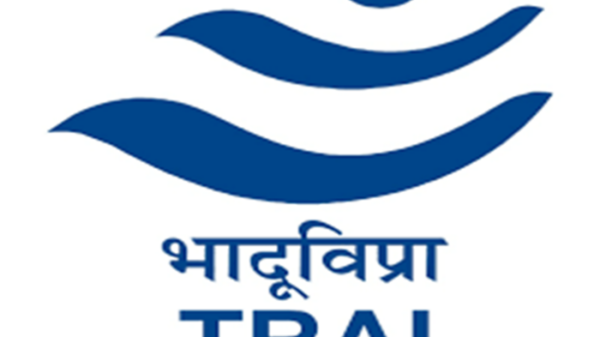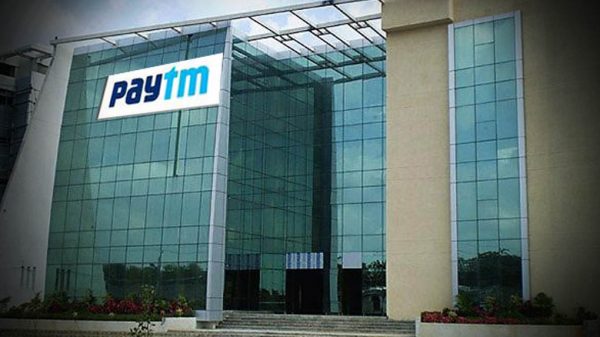The legality of the Grievance Appellate Committee was once again questioned in submissions on the draft amendments to the Information Technology (Intermediary Guidelines and Digital Media Ethics Code) Rules, 2021 made by Software Freedom and Law Centre (SFLC). SFLC, which is a Delhi-based not-for-profit, submitted its comments last month as part of the public consultation undertaken on the Rules analysing the legality of the Rules and free speech implications of the amendments. We have summarised it below. On June 6th, the Ministry of Electronics and Information Technology had released a set of proposed amendments to the 2021 Rules for public consultation. After their release, stakeholders and experts had raised concerns on the amendments' legality, effectiveness, and more. Why it matters? The changes proposed in the amendments instituting a new grievance redressal mechanism (the Grievance Appellate Committee or GAC), shortening existing grievance redressal timelines, making intermediaries respect constitutional rights, and more which stakeholders have criticised for stifling free speech online, increasing compliance burdens on intermediaries, upturning legal precedence, respectively. SFLC's comments provide further clarity on the legal position as well as possible ways forward could be, for the amendments. Legal issues with the Rules Excessive 'subordinate delegation' in proposed GAC "The Rules create the administrative body of the GAC without any policy or guideline established for its functioning under the parent Act and hence, suffers from the vice of excessive subordinate delegation of legislative powers. On examination, it becomes evident that the Rules do not contain appropriate safeguards, guidelines, or checks…





























